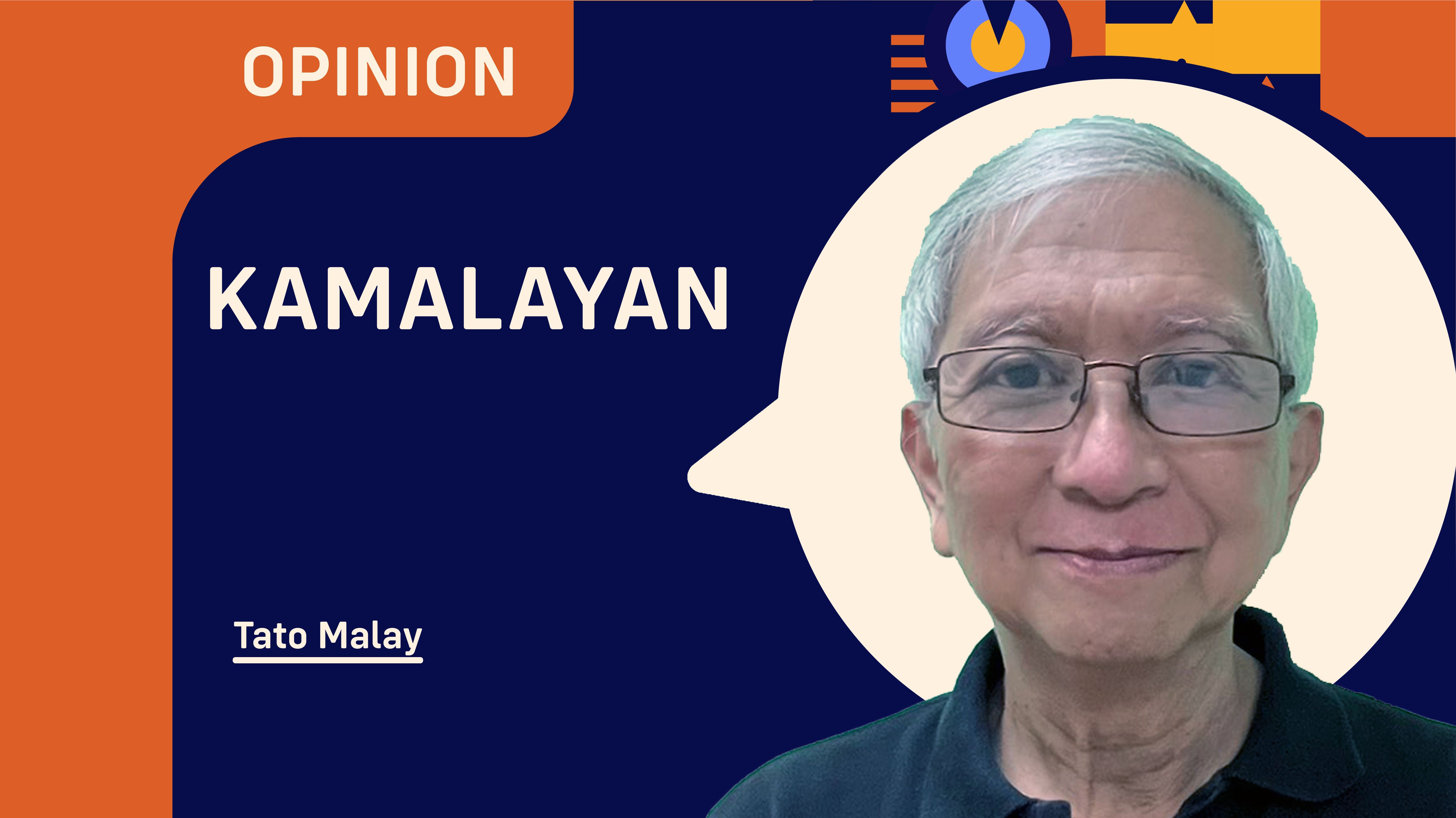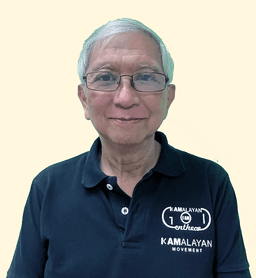Many people have a complicated relationship with money. Some think that owning lots of money means having power or happiness, while others fear losing what they have. But what if we viewed money differently? Kyle Cease, a former American actor, comedian and now a motivational speaker, offers an intriguing perspective: he suggests that we don't truly own money; it’s simply circulating through our lives. Imagine holding sand from a beach in your backpack, thinking it’s yours, when in reality, the beach is vast, and the sand is free for everyone. This metaphor highlights how money is abundant and always available, but our fear and attachment to it can cloud our judgment.
The idea of abundance is everywhere, yet we often forget the source of that abundance. For those who believe in a higher power, God is seen as the ultimate source of prosperity. This belief can help shift our mindset from scarcity to one of sufficiency. When we recognize that there is more than enough for everyone, we can approach life—and money—with a sense of peace rather than anxiety.
Rethinking Education for a New Era
Education is more than just memorizing facts or sitting in classrooms. True education transforms us. It should make us better, more insightful individuals. In today's fast-paced world, much of what we learn in traditional settings feels outdated. The information available online—from Google to YouTube—provides endless opportunities for learning that can change our lives in meaningful ways.
So, what should education look like in the 21st century? It should focus on developing skills and mindsets that prepare us for real-world challenges. Here are some ideas for what students should learn:
- Self-Reflection and Consciousness: Teach students to understand themselves deeply, fostering a sense of self-awareness that is crucial for personal growth.
- Manifesting Abundance: Show them how to create a life filled with love, success, and happiness by understanding the power of positive thinking and gratitude.
- Creative Thinking: Encourage students to use both sides of their brain, promoting innovative problem-solving and creativity.
- Attracting Opportunities: Help them learn how gratitude can open doors to unexpected blessings in their lives.
- Self-Mastery: Teach them to tap into their inner potential, empowering them to become their best selves.
- Finding Purpose: Assist them in discovering their true passions and what they want to contribute to the world.
- Spiritual Communication: Introduce them to the transformative power of connecting with themselves and others on a deeper level.
Despite the importance of these skills, many schools still prioritize outdated subjects. While philosophy, religion, and psychology touch on some of these concepts, they often lack the emphasis needed to make a real impact. Teachers and educators recognize this gap—they want to teach these universal principles earlier in education, not just as an afterthought.
Why Change is Necessary
By integrating spiritual principles and personal development into education, we can prepare students for a life that is not just about making money but about finding meaning and fulfillment. This new curriculum can empower young people to navigate life with confidence and purpose.
In conclusion, understanding money and its place in our lives is just one part of a much larger picture. By reshaping our approach to education, emphasizing lifelong learning, and focusing on spiritual and personal growth, we can create a generation of mindful individuals who thrive in a world full of possibilities. Let’s embrace abundance, not just in terms of wealth but in wisdom, joy, and connection.
#WeTakeAStand #OpinYon #OpinYonColumn #ColumnbyTatoMalay #Kamalayan

